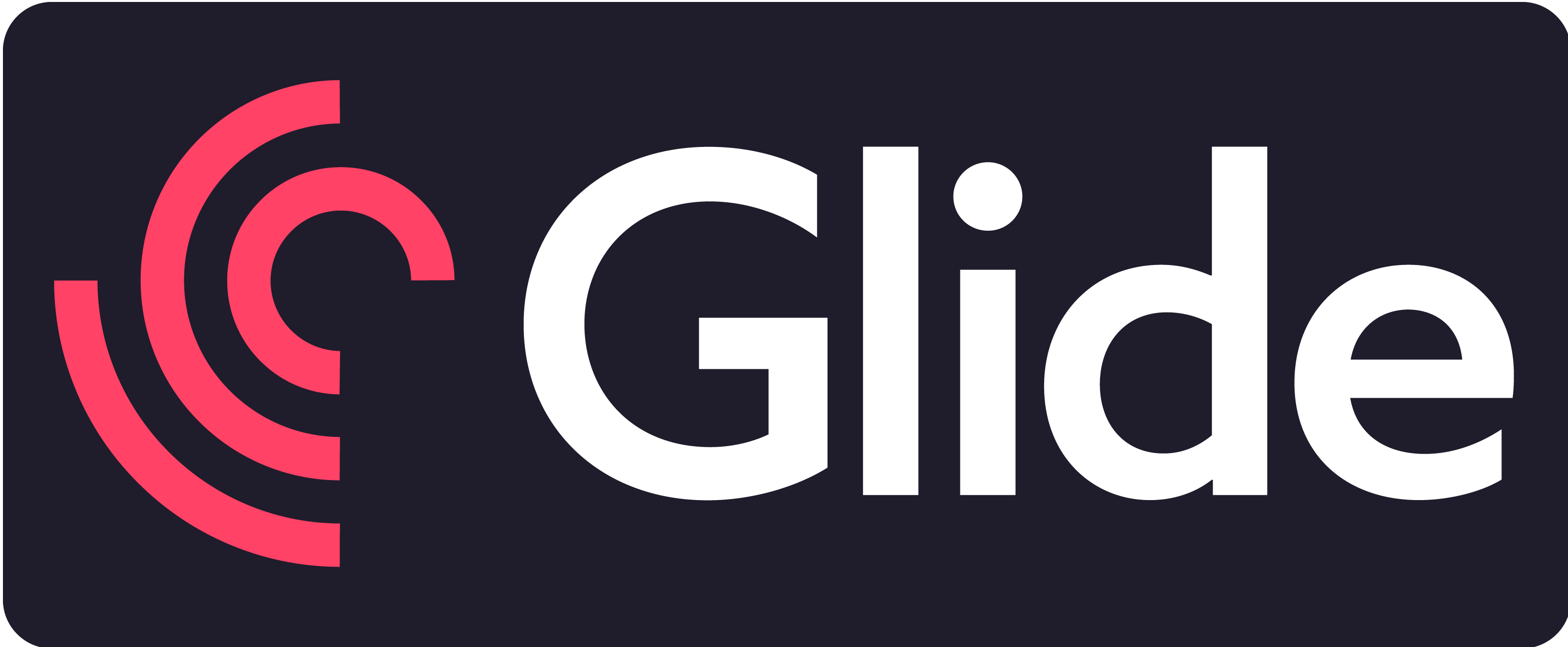
Partner Content*: Many publishers are wasting time, money and opportunity by trying to become tech companies when it comes to their content management system (CMS). Glide Publishing Platform‘s Denis Haman, who has spent 25 years working in news technology at the likes of News UK, Northern & Shell and which, explains why publishers need to finally embrace the benefits of cloud-based technology.
Do you remember the first time you heard of “The Cloud”? (And I feel compelled to use air quotes to remind us how novel it seemed back then.)
Perhaps you remember the initial scepticism some felt towards it – hard to believe now, with cloud tools arguably at the heart of every technological leap of the last 15 years.
It was in 2006 that Amazon Web Services (AWS) launched the first of its key services to the public – S3 (Simple Storage Service), and EC2 (Elastic Compute Cloud) – helping kickstart an era-defining shift by industries and enterprises of all sizes.

Before then, the prevalent thinking in media was to build and host everything on-premises, ideally in the same building as the editorial operation.
We saw rack-packed server rooms with noisy air-conditioners spring up next to editorial floors, sealed away behind keypads and doors or – more intriguingly – their blinking lights eerily perceptible behind smoked glass, with a voracious appetite for memory and disks, cool air and electricity.
I still shiver at the risks we provisioned for: “A single cup of spilled coffee could take down our business!”, I heard more than once.
No wonder the media industry embraced cloud advances so quickly. In a world where sector disruption was around every corner, publishing and media could easily see the possibilities of scale, reliability, capability, and crucially the cost flexibility the cloud offered.
Old tech, new clothes
Recently, I had the pleasure of talking with senior AWS staff about what makes publishing so different from most other industries: the dynamism and ripeness for change, the vibrancy of its people, the closeness to the consumer.
They were enthralled. Is any industry more perfectly served by the cloud and its principles?
But they were genuinely perplexed that the prevailing approach is still to get a standard “starter’’ CMS and laboriously set about rebuilding it with a large developer team.
They asked:
- Do they do that with all of their platforms?
- How big are their tech teams?
- How do they maintain this over a long period?
- How do you scale it?
- Do they really spend a month on a font for the buttons?!
It all got us discussing: is the CMS the last ‘grand old’ platform that still comes via this historical approach, of building, not buying ?
One of my AWS audience summed it up, in what I call the Acquisition Onboarding Paradox: if you use the same method to acquire new technology as you did the last time around, the chances are you will get the same thing, just shinier.
The intrinsic problems don’t go away, you just change where you are in the cycle. As she said: “It all sounds very ‘90s.” Quite.
Think a decade ahead, not a decade behind
As a result, somehow in 2021, building your own CMS is still seen as the normal cost of entry for many publishers. Take a starter, generic CMS, and commence this journey of bespoking and pouring money into it to make it suit your particular publishing business. Or go cheap and put up with the shortcomings.
Until you have done it a few times, even specifying a CMS is extremely hard: an incorrect decision at the paper planning stage can hobble an entire build for years. Doing it for a publishing business is harder still – after all, it’s not just controlling all the content, it also needs to perform as an office and workspace for teams of harassed journalists and developers.
It’s no wonder then the WordPress and Drupals of the world are such common start points. “If we’re going to have to rebuild the whole thing, we might as well start with one that’s free!” is a common refrain.
Hmm. “Free.”
Skilled CMS developers are very much not free. Even less so if they have
publishing expertise. And what other costs is the business accepting? Years of implementation and maintenance commitments? Lost opportunities? Content that stays unseen?
I commissioned some research in June of this year and found that of 102 WordPress sites run by publishers, many of whose names you would know, 72.5% had detectable and known security vulnerabilities. Less than 32% were even on the latest version,
We repeated the exercise in mid-October 2021 to allow for a new version of WordPress which came out in September, leaving more than a full month for our scanned sites to make updates.
The results were a little better – 57.28% are still showing well-documented issues, and 48.54% are now on the latest version. This suggests that those who updated between scan one and scan two seem to do so just once a year, not after every version is released.
Interestingly, a number of the publisher sites previously on WordPress had moved off it between scans.
From these reports, some patterns are starting to emerge: organisations that do stay up to date either run a generic, vanilla version, therefore bereft of publisher-specific capabilities, or are very large organisations with sizable internal technology teams.
A symptom of another problem
The WordPress/Drupal approach is not just inefficient and pricey, worst of all it is strangling speed and innovation in the industry when it needs it most. The battle to break a news story can be won or lost by seconds: how can we tell our editorial teams it can take hours or days to change a page layout?
Commercial teams craft campaigns around fast-moving events: how can we tell them it might take months or years to build the new products they are crying out for?
Ultimately what we’re all dying to know is, where’s our share of the speed and savings the cloud has given everyone else?
Product companies, not tech companies
Publishers have always been product companies.
We create content, and we use tech, and stretch it and demand more from it. But what we sell, and succeed with, is our content, our ideas, and talking to our customers.
So the question is: are you a publishing company, or a CMS company?
Friends don’t let friends build their own CMS
The realisation is growing that publishers and media companies don’t have to be CMS companies any more. Or CRM or paywall companies for that matter. Like those, content management problems are solved problems and there are SaaS solutions to choose from.
Just as cloud hosting and tools have become standard, these configurable, flexible SaaS CMS will become the norm. The companies behind them will thrive by delivering the sort of service and tools a dream team of in-house expert publishing devs would ask for, at a fraction of the cost.
And the questions you ask of them will be at a far higher level: how can I launch new sites in a week? How do I double my output of content? How do I halve my costs?
Your writers and engineers will thank you for it. And so will your readers and customers. Now they all get to reap the benefits the cloud has been bringing to everyone else for years.
It might be a bitter pill for some to swallow. But, business success and soaring readerships will tell their own stories.
Ultimately your content is what you make revenue from – not how many days and dollars you poured into a one-off CMS or paywall solution.
If Netflix and Apple don’t feel the need to build their own data centres, then publishers don’t need to be CMS companies.
Choosing the right fit will still require investigation and a good understanding of your objectives, but I truly believe that for publishers the effect can be as dynamic and energising as cloud computing has been.
Email pged@pressgazette.co.uk to point out mistakes, provide story tips or send in a letter for publication on our "Letters Page" blog

